Today's Eye Candy is from … whoa … fifty years ago, back when you could get an Intel 8080 CPU-powered computer for a few hundred bucks. And then scurry around for some peripherals, and… maybe eventually you could run CP/M on it.
Things are different today, and the onetime dominant CPU company has taken the wrong road, according to John R. Puri: Intel’s Road to Serfdom. (NR gifted link)
The stock price of U.S. semiconductor manufacturer Intel jumped Thursday on reports that the Trump administration is negotiating for the U.S. government to take a stake in the company.
Where the constitutional or statutory authority for the president to do this would come from, who can say? But if the government does end up buying a chunk of Intel with taxpayer money — further blurring the distinction between the public and private sectors that underpins a free society — it will be the next stage in a process that began in 2022.
That year saw the passage of the unfortunately bipartisan CHIPS and Science Act. Defended on both economic and national security grounds, the law envisaged providing private semiconductor companies with up to $52.7 billion to build up chip manufacturing in America. The largest recipient of CHIPS Act funding, by a large margin, was Intel. As of last year, the company had received $8.5 billion in federal grants, plus an additional $11 billion in government loans — supposedly to support a total $100 billion investment by the company in manufacturing facilities.
Rejoice, NR haters: that's my last gifted link for August. For the next 15 days, you'll just have to use your imaginations.
But (of course) Joe Lancaster at Reason is not a fan, although he doesn't seem to go for a Hayek reference, direct or indirect, at all: Intel is reportedly the latest company Trump wants a piece of.
After meeting with the CEO of a major tech firm this week, President Donald Trump is apparently set to demand a piece of the company. Unfortunately, it's hardly the first time.
Lip-Bu Tan, the CEO of Intel, visited the White House on Monday. The visit came after Trump had criticized Tan and called for his ouster.
"The CEO of INTEL is highly CONFLICTED and must resign, immediately," Trump posted last week on Truth Social. "There is no other solution to this problem. Thank you for your attention to this problem!" The social media missive came shortly after Sen. Tom Cotton (R–Ark.) sent a letter to Intel board chairman Frank Yeary, saying Tan's "ties to China are concerning."
I'd hurl insults at Republicans who are aiding and abetting this sort of Mussolini-style fascism, but I'm kind of weary of repeating myself. I ask readers to use their imaginations, and think about the wise and witty things I could have typed.
Also of note:
-
It's those uncorrected errors from Uzbekistan that always get you. Roger Pielke, Jr. asks if a "groundbreaking" climate science paper is simply Too Big to Fail. His article recounts how the Nature-published paper "The economic commitment of climate change" from last year (abbreviated "KLW24") predicted large economic costs from climate change by end of this century.
This, in turn, caused the Network for Greening the Financial System (NGFS), a consortium of >100 central banks, to draw up new policies and recommendations for investments and regulation.
In short, it was a huge deal. But:
In a response to KLW24 published last week in Nature, Bearpark et al. (BHH25) showed that correcting inaccurate data from Uzbekistan in KLW24 reduces their estimate of projected 2100 damages due to climate change by about two thirds. This correction makes their damage estimates not statistically different from zero throughout the century. Making matters worse, these projections also employ the implausibly extreme RCP8.5 scenario.
But the scientific malpractice continues, as Roger shows.
-
Can he save us? It has been a long time since we've seen him, but he has reappeared at Dave Barry's substack. Yes, it's Ask Mister Language Person. Up first:
Our first common question is one that we get literally a billion times a day:
Q. What does "literally" mean?
A. In grammatical terms, "literally" is an interjunctive superlatory, and as such it is used to denote that something literal has transpired, as in this example:
Doreen was literally decimated when Roger broke wind during their vows.
More helpfulness at the link, and your welcome.
-
This sounds like a job for Mister Language Person. Well, no it doesn't actually, but David Harsanyi asks us to Save the Little Sisters of the Poor!
It's enraging.
More than a decade after the Obama administration tried to force the Little Sisters of the Poor to buy contraception for their employees, including abortifacient drugs, states are still hounding the nuns in court.
At its heart, Obamacare was a massive welfare program meant to redistribute health care costs to the middle class. But it was also a social engineering project aimed at coercing religious organizations and businesses to adopt progressive values. The Affordable Care Act mandated employers, including not-for-profits like Little Sisters of the Poor, pay for contraceptives in their worker-provided health-insurance as an "essential health benefit" under the euphemistic category of "preventative and wellness services."
A single judge, Wendy Beetlestone, has now demanded that the nuns start ponying up for a practice they consider to be a matter of grave sin. David notes that Judge Wendy ruled the same way back in 2017, and she was subsquently reversed by a 7-2 SCOTUS decision.
-
Journalistic Mythbehavior A recent NYT article is headlined The 6 Social Security Myths That Won’t Go Away (NYT gifted link)
Dominic Pino counted things up, and… NYT's Six Social Security Myths: Five Are True. With help from the Committee for a Responsible Federal Budget:
- “Social Security is ‘running out of money.'” It definitely is! The trust fund is projected to run out of money in 2033. The NYT acknowledges this is true but then says Congress can draw on general revenue to keep the program going. The CBO assumes that will happen when the trust fund runs out, but the trust fund definitely will run out.
- “Aging boomers are the problem.” The NYT says the aging population “was always anticipated.” CRFB rightly retorts, “The fact that lawmakers have known about this problem for over 40 years and done nothing to solve it does not make its existence a myth.”
- “Social Security helps drive the deficit.” The NYT says this is a myth because the program is self-funded, even though it just acknowledged earlier on that in several years it will need to draw from general revenues to keep benefits going. CRFB notes that Social Security costs have exceeded revenues by $1.4 trillion since 2010, and the shortfall this year is $250 billion. That adds to the deficit.
- “The trust fund is nothing but a pile of I.O.U.s.” The bonds in the trust fund are not backed by any assets. They are not traded on public markets. They are a promise from the federal government. The federal government has made good on those promises so far, but that’s all it is: a promise, which, in the context of money, can be called an I.O.U.
- “We need to cut benefits now to pay them later.” I suppose it could be called a myth to say “need,” but that’s really an opinion question. Cutting benefits now to pay them later is certainly one way to go about fixing the program, and as CRFB says, “acting sooner will literally reduce the necessary size of the adjustment.”
What did the NYT get right? Click over to find out! The answer may surprise you!
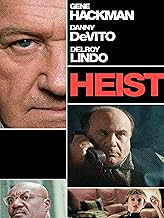
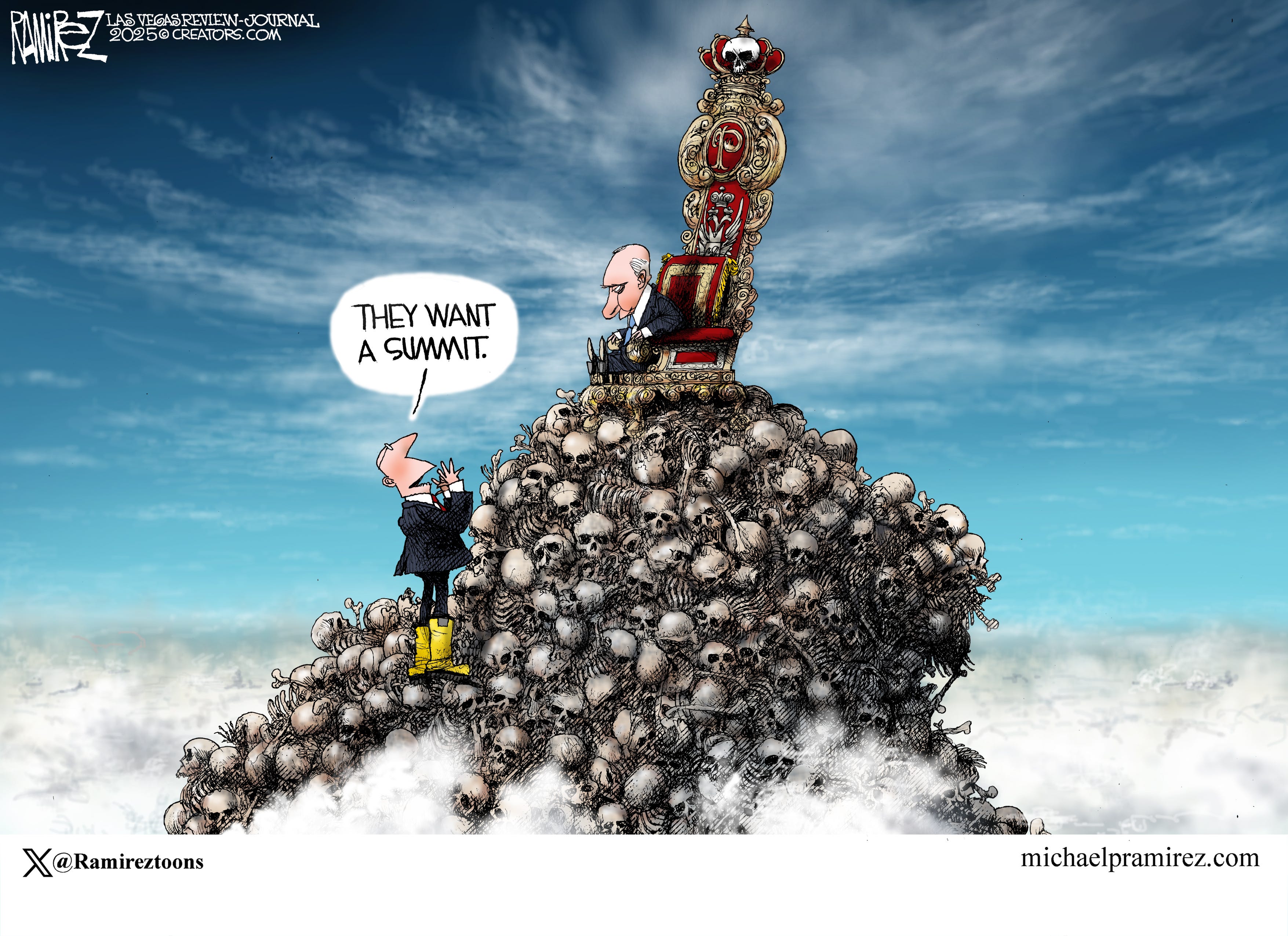
![[Amazon Link]](/ps/asin_imgs/1668026317.jpg)
![[Amazon Link]](/ps/asin_imgs/B00P84HMKY.jpg)
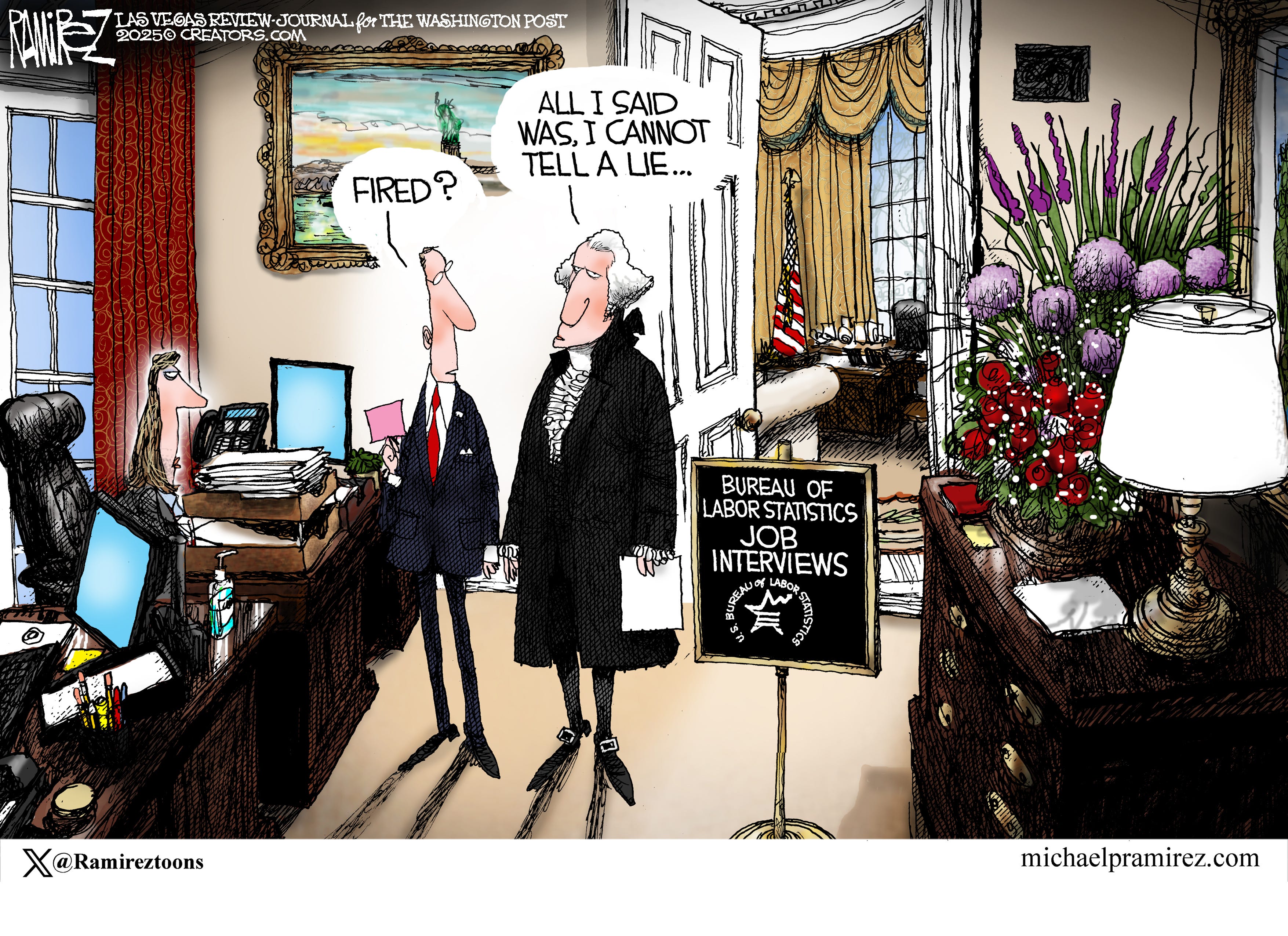
![[Amazon Link]](/ps/asin_imgs/1594035849.jpg)
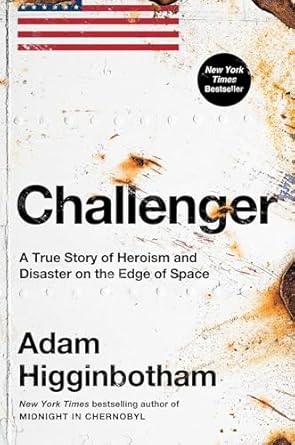

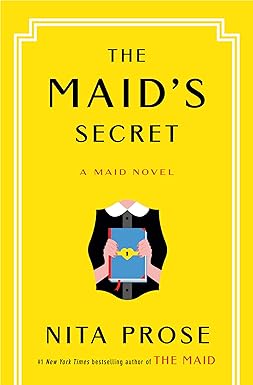

![[The Blogger]](/ps/images/barred.jpg)



